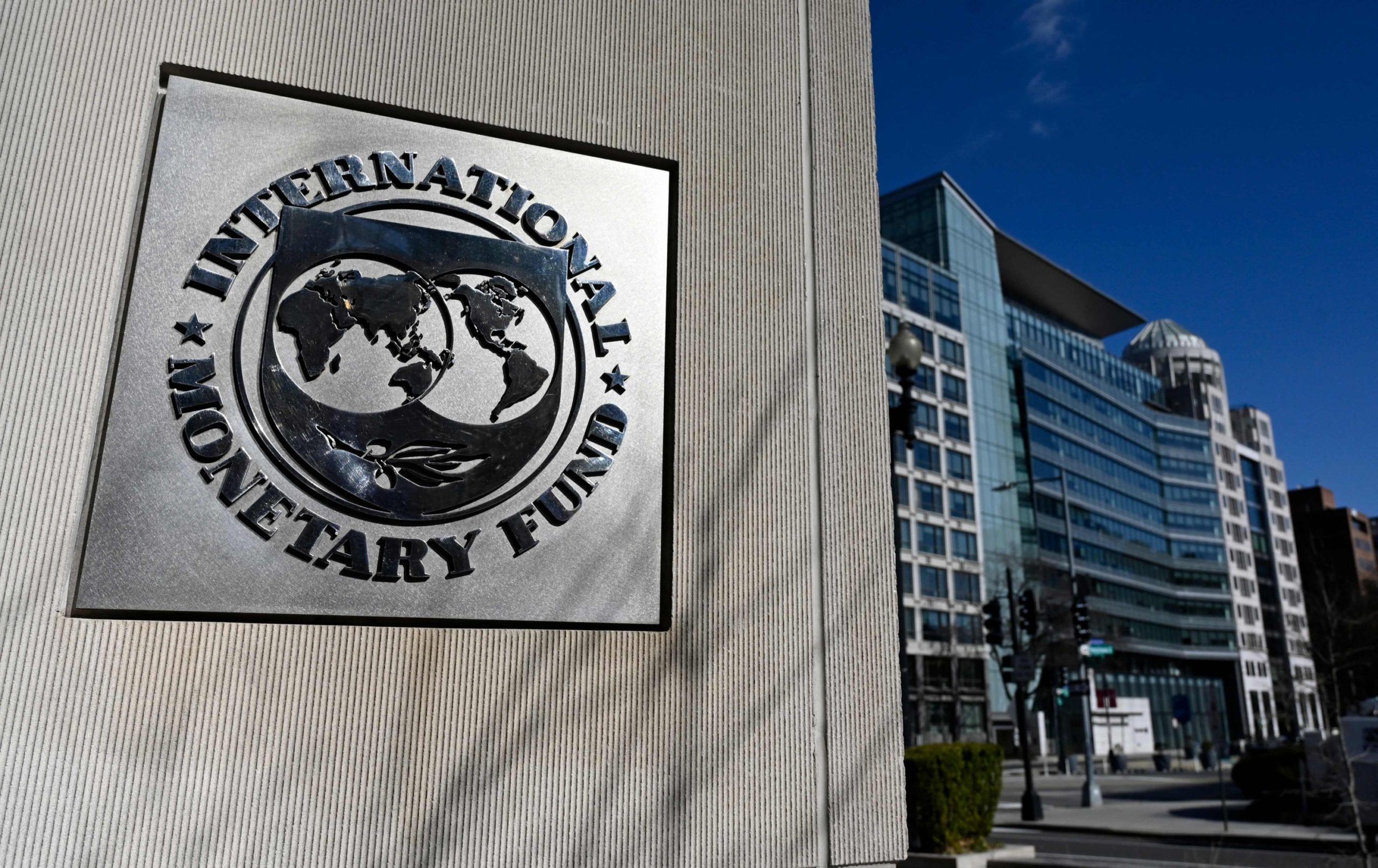Following a recent visit by an International Monetary Fund (IMF) delegation, led by Haimanot Teferra, the IMF Mission Chief for Kenya, President Ruto’s Chief Economic Advisor, David Ndii, announced that the IMF’s lending program to Kenya has been expanded to a total of KES 98 billion (USD 650 million).
Despite the IMF remaining tight-lipped on the outcome of the sixth review, Ndii indicated that the visit was successful.
This development comes at a time when Kenya is facing a KES 2.0 billion Eurobond maturity in June 2023, raising doubts about the government’s ability to repay the debt.
To add to the strain, Kenya’s debt level has been rising, registering a high of KES 10.5 trillion, largely attributed to persistent fiscal deficits. The sustained depreciation of the Kenyan Shilling, which has fallen by 22.4% year-to-date, puts additional strain on debt servicing costs, given that 67.1% of Kenya’s foreign debt is denominated in USD.
The completion of the IMF’s fifth review earlier this year saw the IMF approve KES 58.9 billion to Kenya under the Extended Credit Facility, allocated to strengthen the economy and foreign exchange reserves, with an additional KES 78.1 billion provided under the Resilience and Sustainability Facility, remaining funds intended to enhance Kenya’s resilience against climate change.
It is essential to note that the approval of the IMF loan was contingent upon Kenya’s presentation of a viable and robust repayment plan.
According to the Chief Economic Advisor, the expansion of the lending program is expected to fully fund the 2024 Eurobond.
This development marks a significant milestone in Kenya’s economic landscape, and coupled with the government’s announcement to settle USD 300 million of the upcoming Eurobond maturity, is poised to help repair the country’s credit outlook, thus easing pressure on Kenya’s Eurobond yields in the secondary market.















